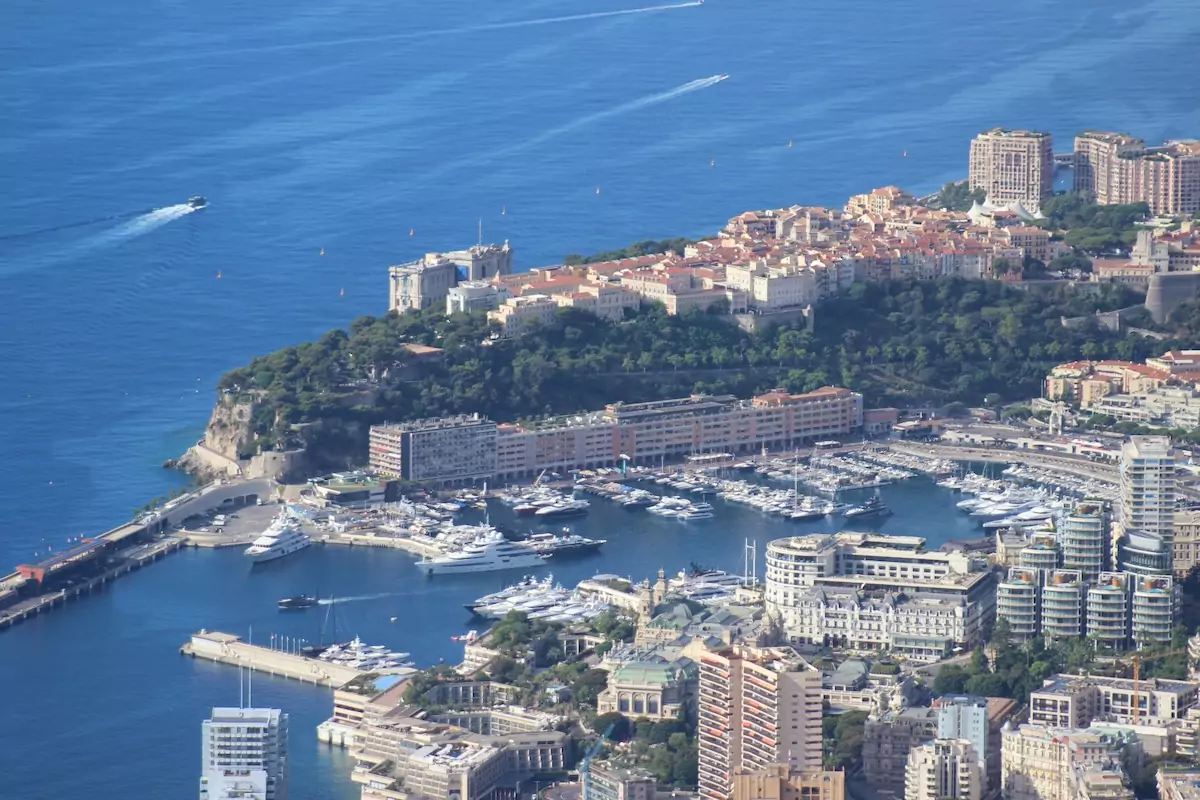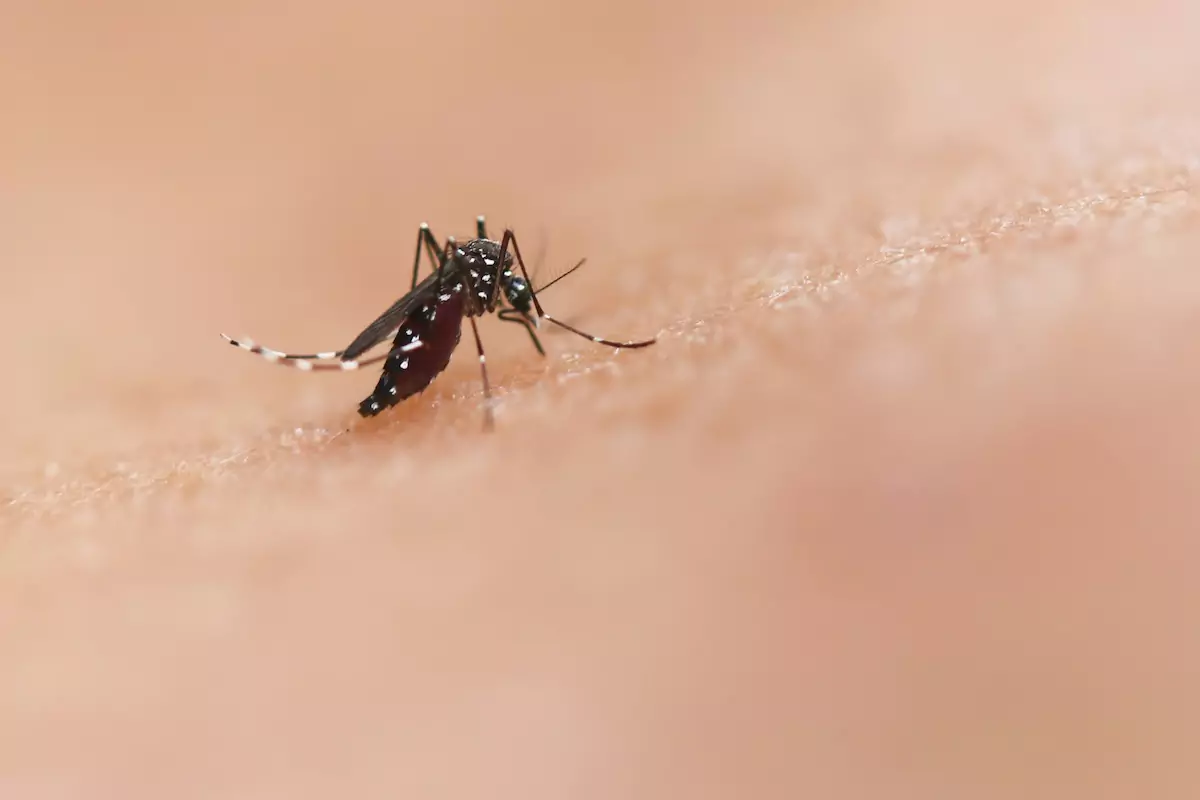With France experiencing a record surge in mosquito-borne diseases this summer, Monaco’s strategy to control its mosquito population has never appeared more vital. The Principality introduced a dedicated mosquito monitoring system in July 2024, and one year on, it continues to serve as a frontline defence against the spread of viruses such as dengue, chikungunya and Zika.
The Ministry of Health and Social Affairs has placed a network of monitoring devices across key areas of Monaco, particularly in public spaces. These traps allow experts to collect and analyse samples every week, ensuring that any trace of arboviruses is quickly identified. If a virus is detected, immediate intervention measures are triggered, ranging from targeted larvicidal treatments to adulticidal spraying, aimed at halting the risk of local transmission.
Containing the tiger mosquito
The tiger mosquito, Aedes albopictus, first reached the Riviera in 2004 and has since become firmly established throughout the Alpes-Maritimes and Monaco. It is the primary vector of dengue and chikungunya in Europe. The Principality’s dense urban environment makes surveillance especially important, as even a single infected mosquito can pose a significant risk if it bites a returning traveller carrying the virus from endemic regions abroad.
Shared responsibility with residents
While public monitoring provides the first line of defence, residents also play a crucial role. The Government urges individuals to protect themselves with mosquito repellents, nets and insecticides, and to eliminate standing water where mosquitoes breed. Those showing symptoms such as high fever, headache or nausea within ten days of returning from an affected region are advised to consult a doctor without delay. Early diagnosis is supported by rapid testing and compulsory reporting of dengue cases to the Department of Health Affairs, ensuring swift containment.
A model of prevention
Monaco’s proactive approach stands in sharp contrast to the unprecedented outbreaks reported in France this summer. By combining scientific monitoring, rapid response capacity and public cooperation, the Principality is aiming not only to limit mosquito populations but also to prevent the establishment of a transmission cycle altogether. The system has already become a key element in safeguarding Monaco’s residents and visitors during the height of the mosquito season.
See also:
Mosquito threat intensifies in France: unprecedented rise in chikungunya, dengue and West Nile cases
Stay updated with Monaco Life: sign up for our free newsletter, catch our podcast on Spotify, and follow us across Facebook, Instagram, LinkedIn, and Tik Tok.
Photo credit: Richard McCreery, Monaco Life





